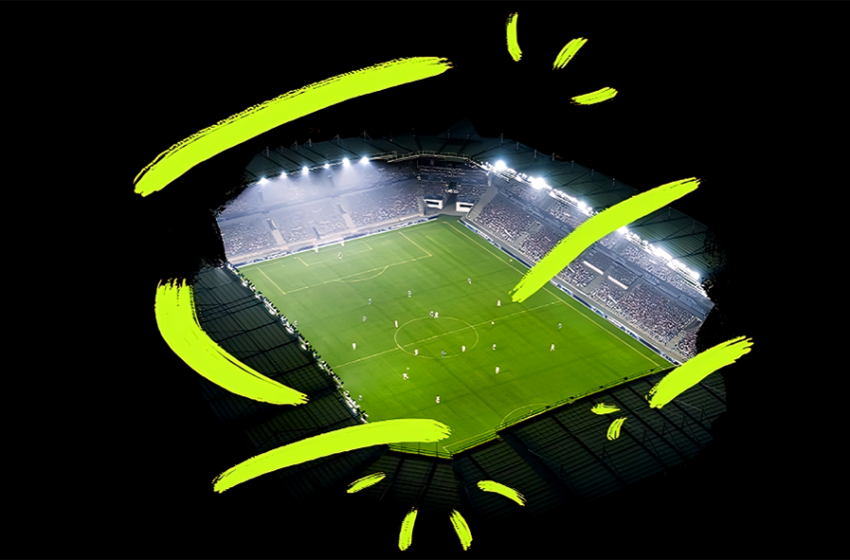Sohum Wellness Sanctuary Named Dubai’s Premier Luxury Ayurvedic Spa in 2025
New Deloitte study explores the future of sports club privatization in Saudi Arabia and their path to profitability

- Deloitte outlines strategic pathways for club ownership, guiding new investors in transforming newly privatized sports entities into profitable and sustainable ventures.
Riyadh, Saudi Arabia, October 31st, 2024
As Saudi Arabia accelerates its drive to privatize sports entities, Deloitte Sports Business Group has released a new study offering critical insights for potential sports club owners and a roadmap toward sustainable, profitable ownership.
The study reveals a four-phase approach aimed at transforming clubs from operational entities into commercially successful enterprises, starting with a crucial “First 100 Days” strategy. Designed to equip new owners with actionable steps to establish corporate structures, governance and financial stability, the approach effectively provides a growth trajectory for long-term success.
In recent years, Saudi Arabia’s investment in sports has been significant, marked by high-profile acquisitions by the Kingdom’s Public Investment Fund (PIF) of clubs like Al Hilal, Al Nassr, Al Ittihad, and Al Ahli, along Saudi Aramco’s acquisition of Al Qadisiyah Club and Diriyah Gate Development Authority’s acquisition of Diriyah Club.
These investments align with Vision 2030’s broader goal of economic diversification, aiming to make sports clubs financially independent and increase the sector’s contribution to the Kingdom’s GDP — from SAR 2.4 billion (US $640 million) in 2016 to an estimated SAR 18 billion (US $4.8 billion) by 2030.

Izzy Wray, Middle East Leader of the Sports Business Group, commented on the study’s release, stating: “The privatization of Saudi sports clubs marks a significant shift in the industry, presenting major growth opportunities. The comprehensive club transformation plan enables new owners to establish strong governance, achieve commercial success, and develop world-class sports entities.” Wray adds, “Deloitte’s framework offers a clear roadmap, ensuring that these investments achieve both financial success and meaningful cultural and community impact.”
A thriving market ready for transformation
The Deloitte study highlights the Middle East’s growth trajectory, with Saudi Arabia driving the regional sports boom. With an expected market growth of 8.7% by 2026, surpassing the global average of 3.3%, the Kingdom presents attractive opportunities for investors exploring the sports sector.
Deloitte identifies a young, digitally adept Saudi population, with 63% of nationals under the age of 30, as a key demographic for sports engagement. This dynamic fanbase is likely to fuel demand for immersive experiences, digital interactions, and gamified sports content.
Blueprint for success: Deloitte’s model
The Deloitte framework outlines a four-phase model for new sports club owners: Control, Build, Operate, and Transform. In the critical first 100 days, owners focus on establishing governance, financial and risk controls, and key personnel. Subsequent phases emphasize operational efficiency, tailored business planning, and profitable growth. Long-term transformation, driven by adaptability and market trends, enables clubs to maintain success and remain competitive. Together, these steps guide Saudi club owners toward creating commercially viable and culturally impactful sports organizations that would appeal to the global audiences.
Economic and social benefits of privatization
Privatization is considered a key component of Saudi Arabia’s ambition to elevate its Saudi Pro League to the level of major European leagues. The study emphasizes the economic and social advantages of this initiative, including attracting international investors, boosting local economic growth, and fostering a more vibrant sports culture across the region through the creation of commercially viable sports entities.
Looking ahead
The Saudi government’s recent approval for the privatization of 14 additional clubs further demonstrates its commitment to professionalizing the sports sector. These efforts align with plans for state-of-the-art stadiums and major events like the 2027 AFC Asian Cup and the 2034 FIFA World Cup, promising a bright future for Saudi sports.
For sports investors, this historic transformation offers a dual opportunity: potential economic returns and a role in advancing Saudi Arabia’s broader Vision 2030 objectives.
Deloitte’s latest in-depth study serves as a crucial guide for navigating this transformative journey, offering sports clubs a first-mover advantage in a rapidly evolving and high-potential market.
To download the full report, please click here.








